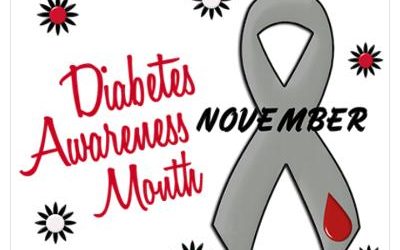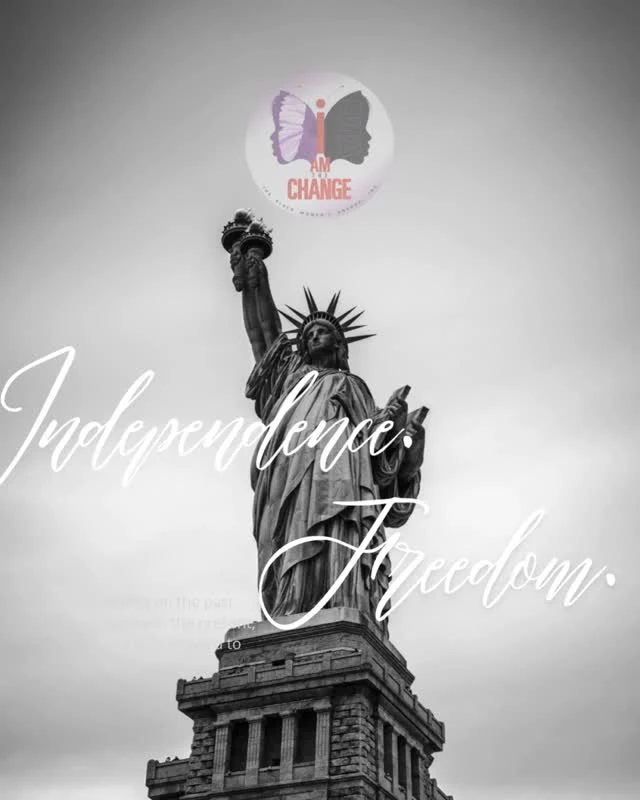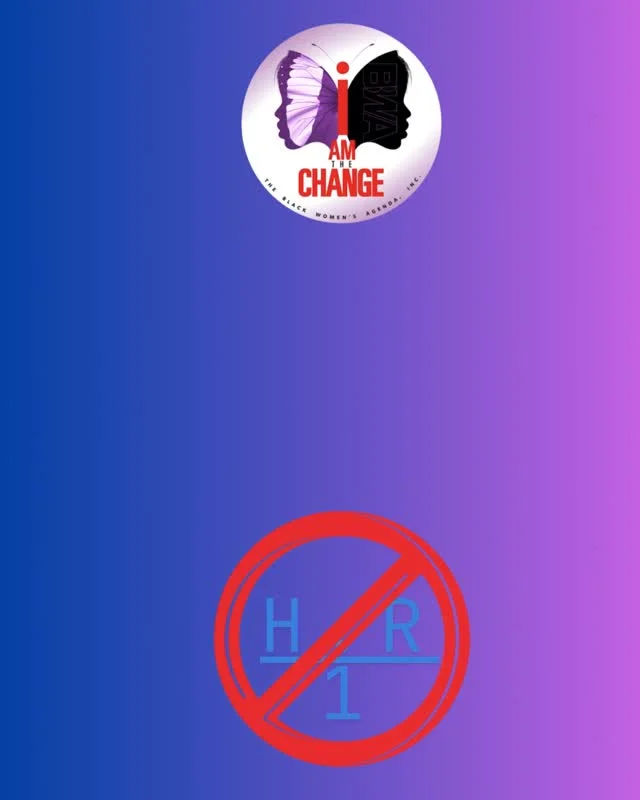The Black Women’s Agenda Inc. Applauds the U.S. Supreme Court Affordable Care Act Decision
The Black Women’s Agenda Inc. applauds the recent U.S. Supreme Court Affordable Care Act decision. On June 25, 2015, the United States Supreme Court ruled that consumer subsidies can continue flowing through all of the Affordable Care Act’s health insurance marketplaces, effectively wiping away any further threat to the landmark law. In King v. Burwell, the Court held that the Affordable Care Act authorizes tax credits for insurance purchased through the federal insurance marketplace, as well as on state-operated insurance exchanges. The case turned on a single word in the 2,000-plus-page statute, in a clause authorizing the tax credits for policies purchased on an exchange established “by” the state. It has been reported that only 13 states and the District of Columbia currently run their own exchanges.
Chief Justice Roberts delivered the majority opinion, in which Justices Kennedy, Ginsburg, Breyer, Sotomayor and Kagan joined. Justice Scalia filed a dissenting opinion in which Justices Thomas and Alito joined. The Court held that the words must be read in context, and the overall context of the law is clear that the tax credits were intended to be offered countrywide. Challengers had argued that the tax credit subsidies could only be provided in states that have established their own marketplace exchanges. The Rand Corporation estimated that 70 percent of the 6.4 million people who receive tax credit would have had their coverage dropped.
The Court interpreted the ACA as making tax credits available for insurance purchased on any Exchange created under the Act. The Court reasoned that: “those credits are necessary for the Federal Exchanges to function like their State Exchange counterparts, and to avoid the type of calamitous result that Congress plainly meant to avoid”. The Court concluded that: “Congress passed the Affordable Care Act to improve health insurance markets, not to destroy them”. The Court ruling keeps intact the subsidies in as many as 37 states that depend on the federal insurance marketplace. This landmark 6-3 decision is significant to millions of African American women and their families that BWA represents who now have secure access to health insurance.
One of the BWA’s public policy priorities is to ensure that health care is accessible and affordable for African American women and their families. The Affordable Care Act has made health insurance more affordable and available for millions of Americans. Ten million previously uninsured individuals now get coverage through the marketplaces created by the law. In the last two years, another 11 million are now enrolled in Medicaid in states that have expanded their Medicaid programs.
The Act addresses significant health care disparities affecting African Americans. While African Americans suffer from several illnesses at higher rates than non-Hispanic white Americans, they are 55 percent more likely to be uninsured. In 2013, the proportion of uninsured African Americans was 17 percent. (See Affordable Care Act and African Americans at hhs.gov/healthcare). Now millions of African American women and their families are benefitting from the coverages and protections provided by the Act. An estimated 5.1 million African American women with private health insurance now have guaranteed access to women’s preventive services, including mammograms and prenatal screenings without coinsurance or deductible requirements. Nearly 8 million African Americans with a pre-existing condition can no longer be denied coverage because the Act prohibits insurers from denying coverage based on a preexisting condition.
For the second time, the Supreme Court has ruled that the Affordable Care Act is the law of the land. President Obama stated: “In America, health care is not a privilege for a few but a right for all”, and that the Affordable Care Act is here to stay. The President’s health care legacy is now firmly secured.
July 14, 2015
Black Women’s Agenda, Inc.
OTHER NEWS
BWA 42nd Annual Symposium
WASHINGTON, D.C. – Friday, September 13, 2019 – Six months away from the first 2020 presidential primaries and caucuses, The Black Women’s Agenda, Inc. (BWA) hosted its 42nd Annual Symposium Town Hall and Awards Luncheon, encouraging the nearly 1,800 attendees to flex their political muscle and to help usher in the changes that they want to see in their communities and across the nation.
Joy-Ann Reid, host of MSNBC’s “AM Joy,” moderated the Town Hall, sharing the stage with a panel of journalists, political commentators, and other experts who encouraged participants to live their best lives by giving voice to the issues that are important to them and exacting promises for their support.
Spirit of Change Conversation Series
Relatedness is a basic psychological experience. We all need to feel connected to other human beings: to care and be cared for, and to belong. We believe that bringing our country together starts with meaningful conversation. Our goal is to reduce polarization and social bias, to increase the willingness to engage in meaningful dialogue, and create an increased understanding and appreciation for our differences and similarities.
November is National Diabetes Awareness Month
According to the American Diabetes Association, “1.25 million Americans have type 1 diabetes and 40,000 people will be diagnosed with it this year. Type 1 diabetes occurs at every age, in people of every race, and of every shape and size.
In type 1 diabetes, the body does not produce insulin. The body breaks down the carbohydrates you eat into blood sugar that it uses for energy—and insulin is a hormone that the body needs to get glucose from the bloodstream into the cells of the body. With the help of insulin therapy and other treatments, everyone can learn to manage their condition and live long healthy lives.
Type 2 diabetes is the most common form of diabetes—and it means that your body doesn’t use insulin properly. And while some people can control their blood sugar levels with healthy eating and exercise, others may need medication or insulin to help manage it.
© 2025 The Black Women’s Agenda, Inc. All Rights Reserved. Privacy Policy








